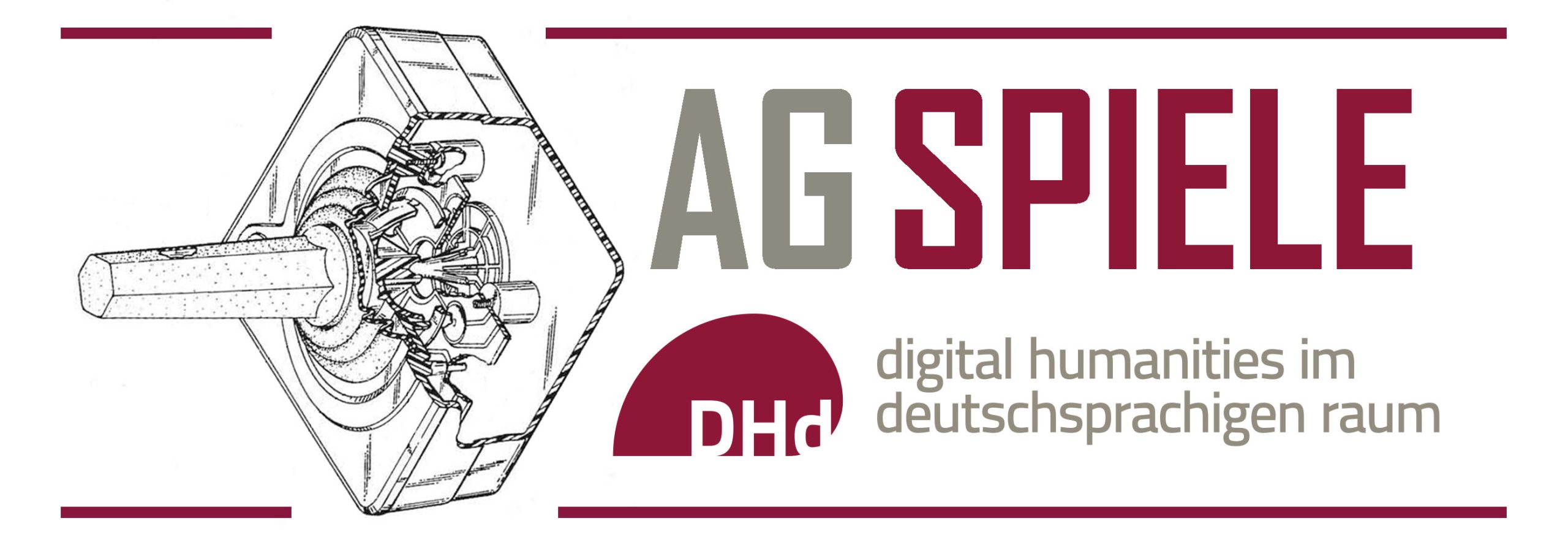 Beim Durchstöbern der Geschichte-Abteilung der Informatik-Teilbibliothek bin ich auf eine neue Publikation zum C64 gestoßen: Roberto Dillons „Ready. A Commodore 64 Retrospective“, erschienen im Springer-Wissenschaftsverlag. Ich habe mir das sehr dünne (157 Seiten) aber dennoch teure (106,99 Euro!) Buch ausgeliehen und lese es in den nächsten Tagen, um es dann hier vorzustellen und zu rezensieren.
Beim Durchstöbern der Geschichte-Abteilung der Informatik-Teilbibliothek bin ich auf eine neue Publikation zum C64 gestoßen: Roberto Dillons „Ready. A Commodore 64 Retrospective“, erschienen im Springer-Wissenschaftsverlag. Ich habe mir das sehr dünne (157 Seiten) aber dennoch teure (106,99 Euro!) Buch ausgeliehen und lese es in den nächsten Tagen, um es dann hier vorzustellen und zu rezensieren.
Update 25.4.: Ich habe das Buch nun gelesen, was etwa einen halben Tag gedauert hat und bin überaus enttäuscht. Nicht nur bekommt man für seine 106 Euro größtenteils Informationen geboten, die in kürzester Zeit im Internet recherchierbar wären und im Hauptteil einen Test der für den Autor wichtigsten Spiele für den C64; das Buch bietet überdies eine unausgereifte Mischung aus technischem Halb-Tiefgang und Oberflächlichkeit. Es enthält inhaltliche und Satzfehler und alle Abbildungen sind in Schwarzweiß. Was sich ein renommierter Wissenschaftsverlag wie Springer, der eine beachtliche Reihe computerhistorischer Publikationen hervorgebracht hat, bei diesem überteuerten Büchlein gedacht haben mag, entzieht sich meiner Vorstellungskraft.
Update 10.5.: Eine detaillierte Rezension von mir erscheint in einer der nächsten Ausgaben der RETURN.
Robert Dillon
Ready. A Commodore 64 Retrospective
New York u.a.: Springer 2015
157 Seiten (gebunden), 106,9 Euro
ISBN: 978-981-287-341-5
Probeseiten | Inhaltsverzeichnis | Info | Amazon





Lieber Stefan,
Thank you very much for taking the time to read and review „Ready“. I truly appreciate your comments.
Believe me if I say I am the first to be disappointed about the high price point of the book and the weird typos that went in during the indexing phase, especially in the early pages of the book. While the former isn’t something I have any control on, I do share responsibility for the latter, and I apologize for this.
I’d like to point out, though, how some of the technical content, like the pages on the C64 architecture are meant as an introduction to neophytes with no or little computer background who are just rediscovering the platform, so no wonder you found it „superficial“ and I definitely agree can also easily find such information online in different formats.
Anyway, we can’t say the same thing about other parts of the book: for example, when I restarted playing with SEUCK after many years, I did search anywhere for beginner’s tutorials and couldn’t find any. There are still people today complaining that the original manual was just a sheet with no tutorial at all! So, while still at an introductory level, that part is definitely unique.
Besides, the analysis and discussion of the various games and tools is my own. You may surely disagree with my choices, assessments and comments but, again, you can’t find it anywhere else.
In the end, this is an introductory book that tries to give a 360 degree overview of the C64 world and its significance. It aims at making the readers curious to start delving more into the fascinating world of retro computing and games and it should be viewed as such. It surely isn’t an in-depth technical analysis of the C64 written for experts 😉
Anyway, thanks again and all the best!
Herzliche Grusse!
Roberto
Hi Roberto,
thank you for your reply to my short review. (A more detailed and longer version will appear in a magazine within the next weeks. There I will explain that the chapter with „game engines“ is in fact as you say the most interesting part of your book.) I am not surprised to read that you did not know about the final selling prize of your book. (I experienced a similar „surprise“ with my first book on David Lynch). But as you would agree: the price politic of Springer contradicts the meaning of your book to be a „introductory book“. Anyone see it would guess it is one of Springer’s (often justified) high prized science books.
best
Stefan